When it comes to your nutrition, there are many myths that we all tend to believe. Whether it comes from smart advertising or long-held assumptions, we may consume or avoid certain foods in our diets. However, studies are showing that some of these foods have more benefits than previously thought. So take a look and see if you have believed these nutritional food myths.
1 – Lose Weight by Eating Fewer Calories
Many of us believe that consuming fewer calories is the only effective way to lose weight. However, a low-calorie diet can actually have the opposite effect for you. A calorie total that is too low can set you up for failure. Low-calorie diets send the body into starvation mode, and your body will start to horde fat as your system sees a deficiency in calories. With this diet, you are starving your body, so you will find it harder to lose weight.
Low-calorie intake is not a long-term solution for your dietary needs. You need to focus on a baseline intake and make gradual changes to your diet. Create a food journal and establish a routine for your meals. It is more important to understand your eating habits rather than making drastic changes to your calorie intake. You should focus on the quality of your food instead of the calorie count. Choose satisfying foods, so you can stay full and avoid binge-eating. Many people have seen success by increasing their protein intake. Protein keeps you full, so you can avoid consuming those “empty calories.” You should never have a diet that is too restrictive or focused on one type of food. While the occasional donut or cake will not put on extra pounds, a steady diet of these foods can cause weight gain. It is important to eat everything in moderation, and that way, you are not mindlessly eating the wrong foods.
2 – All Fish Is Healthy
You want to add fish to your diet for those essential omega-3s fatty acids. The source of the fish and harvest techniques can play a significant role in this protein’s healthiness. Some fish contain high levels of mercury, and that can lead to health problems and poisoning. Some fish, like tilapia, are raised in unhealthy conditions and often don’t contain those essential nutrients. Where you get your fish matters a lot for your diet. You want to stick to fish that comes from sustainable sources and stay away from the fish farms. Popular fish choices like Atlantic cod, catfish, and Atlantic halibut all have lower levels of omega-3 acids. In their place, you should add more wild-caught Alaskan salmon, Albacore tuna, and Atlantic mackerel. These species are high in omega-3s, are sustainable, and have fewer contaminants than other types of fish.
3 – You Need More Grains
Many people look at the USDA food pyramid and see a large number of grains in the recommended daily diet. This “diet” includes a higher amount of grains than meats, vegetables, and fruits. While grains from a hundred years ago had a higher nutritional value, those whole grains have lost some nutrients due to modern agricultural advances. When you compare whole grains to vegetables and fruits, they are relatively low in nutrients. Some grains can even cause health problems, and the main culprit is wheat. This once-healthy grain produces a large amount of gluten. More people are developing sensitivities to that plant protein. Gluten can cause bloating, stomach pain, and damage to the intestinal lining in the stomach. Other grains contain high levels of sugar and are known to increase the amount of sugar in the blood. For a healthier diet, you need to add a higher amount of meats, vegetables, and fruits with a small number of grains. If you still want to enjoy some grains or wheat, make sure to choose organic or sprouted varieties as they are easier to digest in the body.
4 – All Cholesterol Is Bad
For years, many people believed that eggs are the enemy to a healthy diet. In one study, the levels of saturated fat and cholesterol were high in eggs, and that could put you at risk for heart disease. However, since that time, there have been other studies refuting those claims.
Unfortunately, eggs still get a bad rap and have been labeled as unhealthy. The truth is that you need eggs and cholesterol for a healthy diet. Egg yolks contain vital nutrients, including zeaxanthin and lutein for healthy eyes. If you are looking to add more eggs, you should choose the right varieties. Select free-range, locally farmed, or farm eggs for your diet. These eggs often have the highest levels of healthy fats, vitamin B5, B12, and A. They also include phosphorus, folate, and selenium. Eggs contain high levels of protein and are low in calories. You can enjoy them without worrying about your diet.
You also have to remember that not cholesterol is bad, and you need it in your diet to survive. Cholesterol aids many processes in your body. Dietary cholesterol does not have any relation to coronary heart disease or death. So go ahead and eat some healthy cholesterol in your diet, including eggs, grass-fed meats, and dark chocolate.
5 – Diet Soda Is Healthier Than Regular Soda
The makers of diet soda have advertised the benefits of their products for years. You might think those diet sodas are a better choice than drinks with high levels of sugars. However, diet sodas are chocked full of chemicals that can cause havoc on your metabolism and make you crave more sugar. In some cases, your body starts to store more fat as your natural ability to count calories is disrupted. Many studies show an increase in weight gain in diet soda drinkers than those who consume regular calorie sweeteners. For those wanting to drink something sweet, you should always choose natural sweeteners in place of artificial products. Many people infuse their water with lemons, limes, fruits, ginger, and cucumbers for added taste. When you pick up a can of diet soda, you are drinking empty calories and adding more chemicals to your body.
6 – Too Much Protein Leads to Health Problems
Many diets focus on consuming high levels of protein. In turn, some people associate health risks with those diets to protein. Protein is vital as it contributes to every process and cell in the body. High-quality protein includes amino acids that improve bone health and lowers the risk of fractures. Studies have shown that protein can increase your bone’s metabolism and calcium retention. Protein is also essential to help the body repair itself and prevent fat buildup in the liver. In other words, you need protein sources in your diet.
There is a wide range of healthy proteins to add to your diet. Wild salmon is one such protein that is rich with vitamins D, B3, B5, B6, and B12. In addition to that, it also has high levels of omega-3 fats, protein, and potassium. Make sure to select only grass-fed or organic meats, like free-range chicken, beef, and lamb. If you are a vegetarian, you can still find healthy protein sources in sprouted nuts, nut butter, and seeds.
7 – All Fat Is Unhealthy
If you want to lose weight, you have to cut out the fat. Well, that is one myth that needs to be busted. You need a healthy amount of fat in your diet to function. For years, many people believed that saturated fats increased the risk of heart disease. A 2010 study found that there is no correlation between heart disease risk and saturated fat consumption. In other words, you don’t have to fear the butter anymore.
You shouldn’t avoid all fat, just the ones that are bad for you. For example, good fats come from fish and plants. Avocado is high in that “good” type of fat. Bad fats come from animals and palm plants, and you should not have more than 10 percent of those fats in your diet. Trans fat is one to avoid in your diet as it is the result of an industrial process. It also adds no nutritional value to your body. Many butter replacements include trans fat, and they can cause more harm to your system than good. Like some other busted myths, you can finally eat those fats without feeling any guilt.
8 – Your Best Source Of Calcium Is Milk
We all know the catchy slogans and commercials for milk. Many generations have heard that you need to drink milk to build stronger bones. However, milk consumption has a lot of negatives. People have developed an intolerance to milk products, and it can cause bloating and pain in the stomach. Excessive milk consumption can worsen asthma or increase mucus production. On top of that, dairy products can cause your complexion to look dull.
If you are concerned about not getting enough calcium, there are plenty of places to meet your dietary goals, including broccoli, almonds, oranges, green beans, and clams. You can even try milk alternatives, such as coconut milk, almond milk, or goat’s milk. Some people are also having luck with kefir, ghee, and amasai as replacements since these products are less reactive in some people’s digestive systems.
 9 – Sodium Is Always Bad for You
9 – Sodium Is Always Bad for You
Sodium is often linked to a higher risk of heart disease. The daily recommendation for sodium is less than 2,300 milligrams each day. With plenty of packaged and processed foods, it is not hard to exceed those daily recommendations. You have to make sure not to consume an excessive amount of salt since it can raise your blood pressure, increase kidney stones, and put you at risk for autoimmune diseases.
If you consume too little salt, you can increase your risk of depression and insulin resistance. The key is to choose the right type of salt in your diet. You want to stay away from table salt because it contains a high level of iodine, MSG, aluminum, and processed sugar. Pink Himalayan salt and Celtic sea salt are healthier options. With these alternatives, you can get the nutritional value of salt without any of the nasty additives.
10 – Smaller Meals Stimulates Your Metabolism
Over the past few years, many people are snacking or eating small meals throughout the day. These people believe that smaller meals stimulate the metabolism, and you get a boost in your fat and weight loss journey. It is not the size of the meal, but the total amount of food that affects your metabolism. These small meals may be interfering with your fat burning process. Intermittent fasting does allow you to burn fat faster as the insulin levels dip in your body. However, this process only happens 12 hours after you have consumed a meal.
If you are eating frequent meals, you are only delaying the fat-burning process. A better way to fast is to eat all your meals within 8 hours. After that, you can fast for the remaining 16 hours. While it might seem complicated, your body is increasing its fat-loss process during this time. If you are looking to try intermittent fasting, you need to add more protein to your diet. Protein can help you feel fuller without reaching for those extra snacks.
Women should consult a health provider before trying any fasting diet. Many have reported an upswing or disruption in hormone production with daily fasts. Most dietitians recommend that women should only fast every other day as opposed to every day.
Many of these foods have received a bad reputation over the years. As you can see, it is okay to eat eggs and add healthy fats to your diet. On the other hand, fish and dairy products are not always considered healthy. For a healthier diet, you need to do your research and add the right nutrition for your body.
If you need more healthy tips for your diet, make sure to follow Gaspari’s Facebook page for more information.
The post 10 Common Nutrition Myths That Could Be Holding You Back appeared first on Gaspari Nutrition.



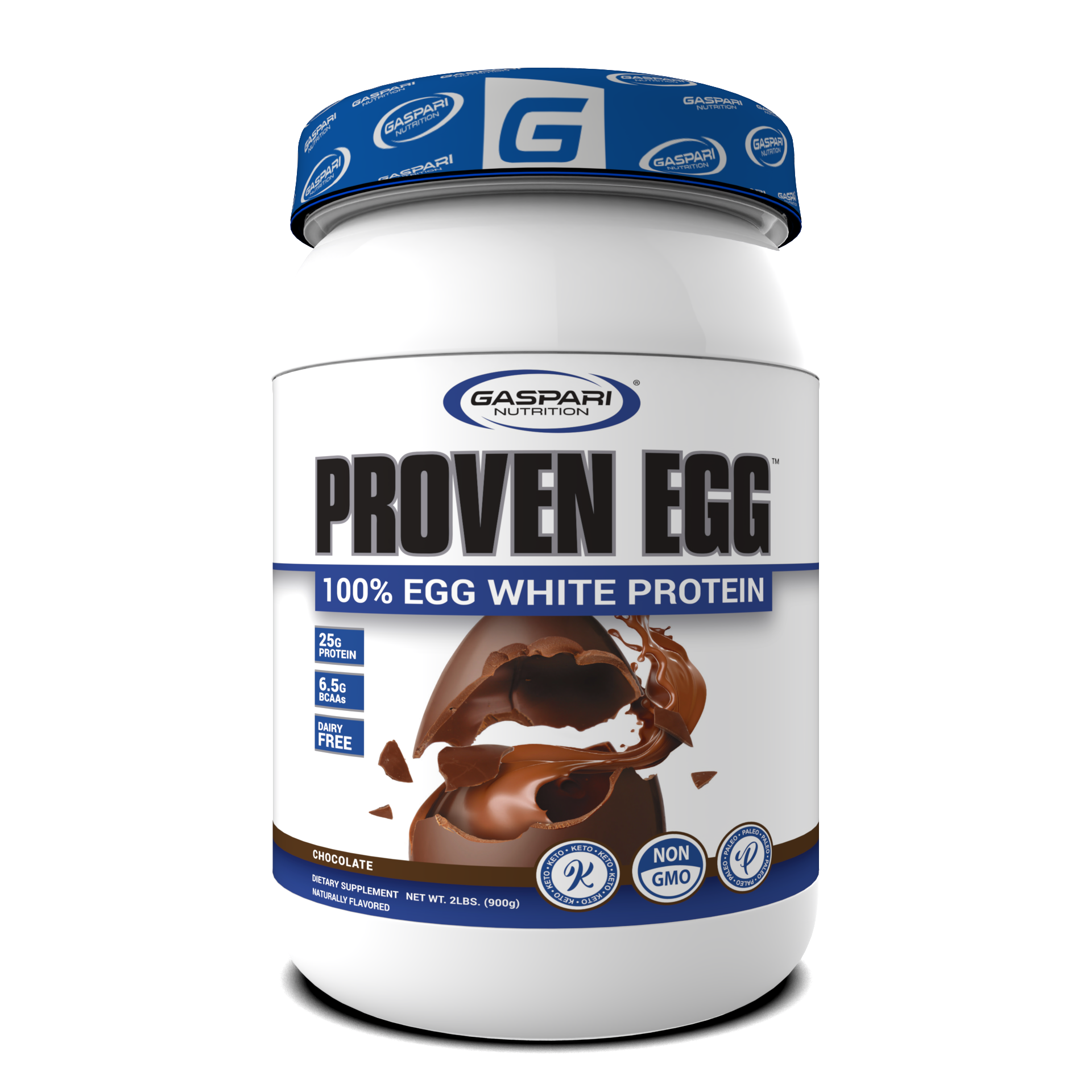



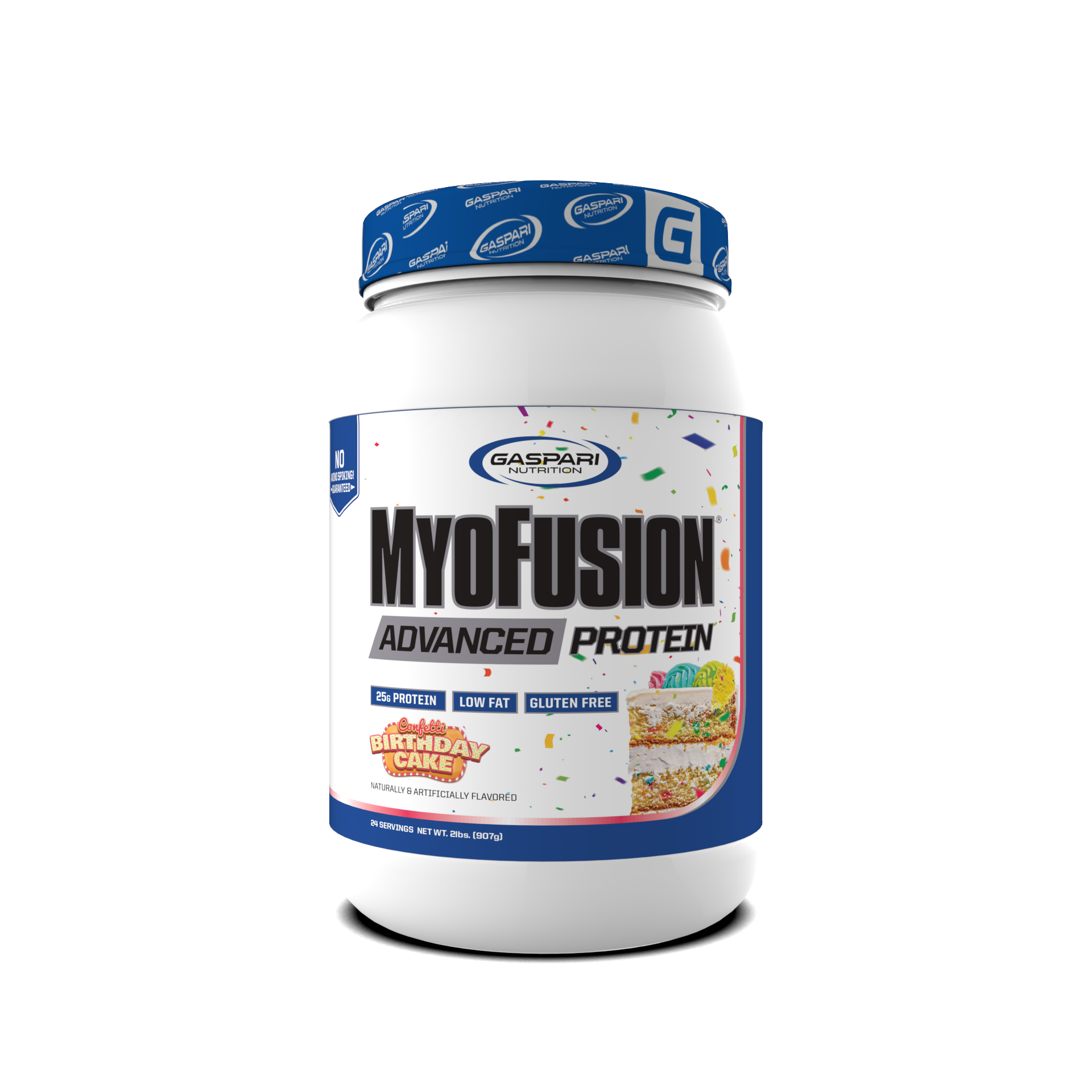



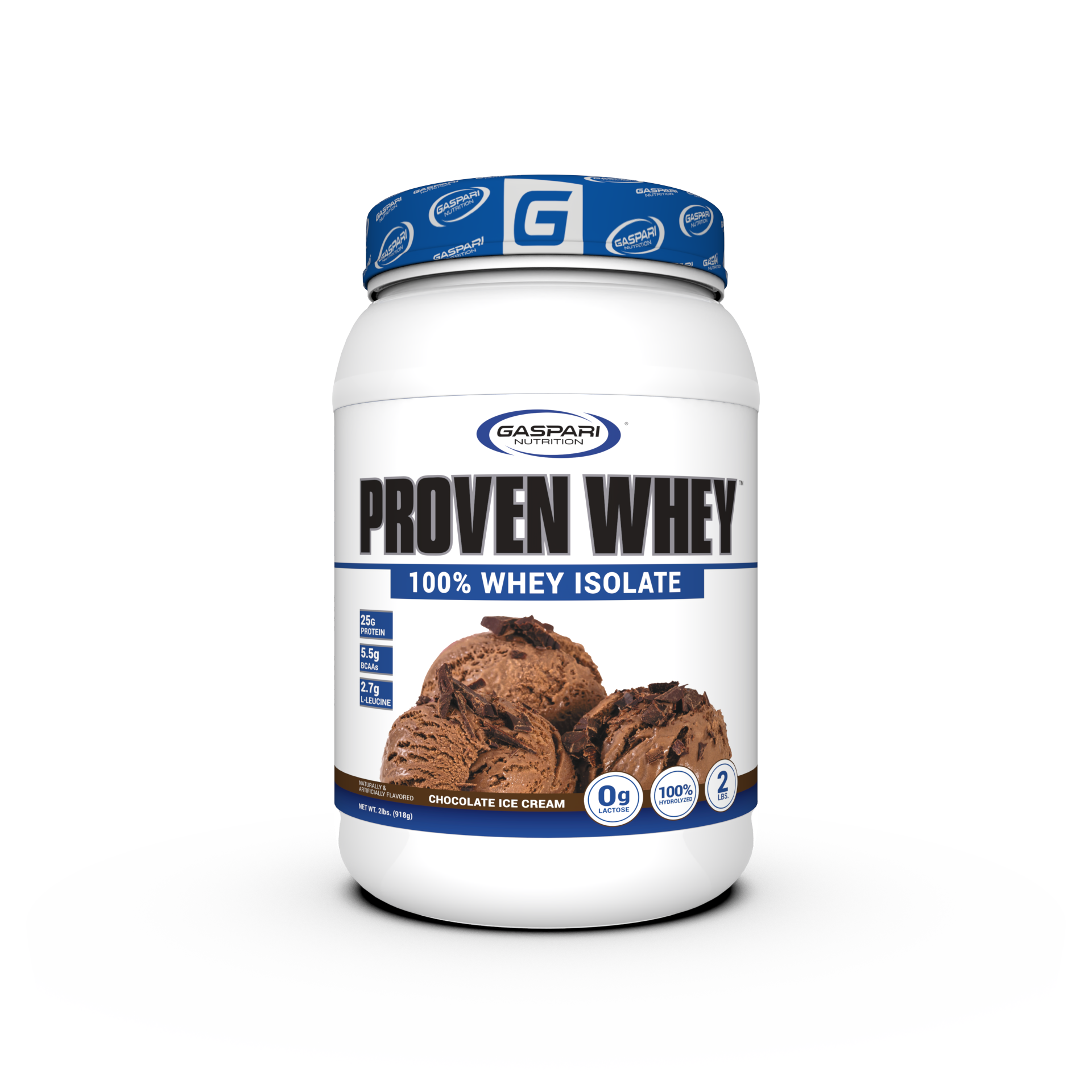




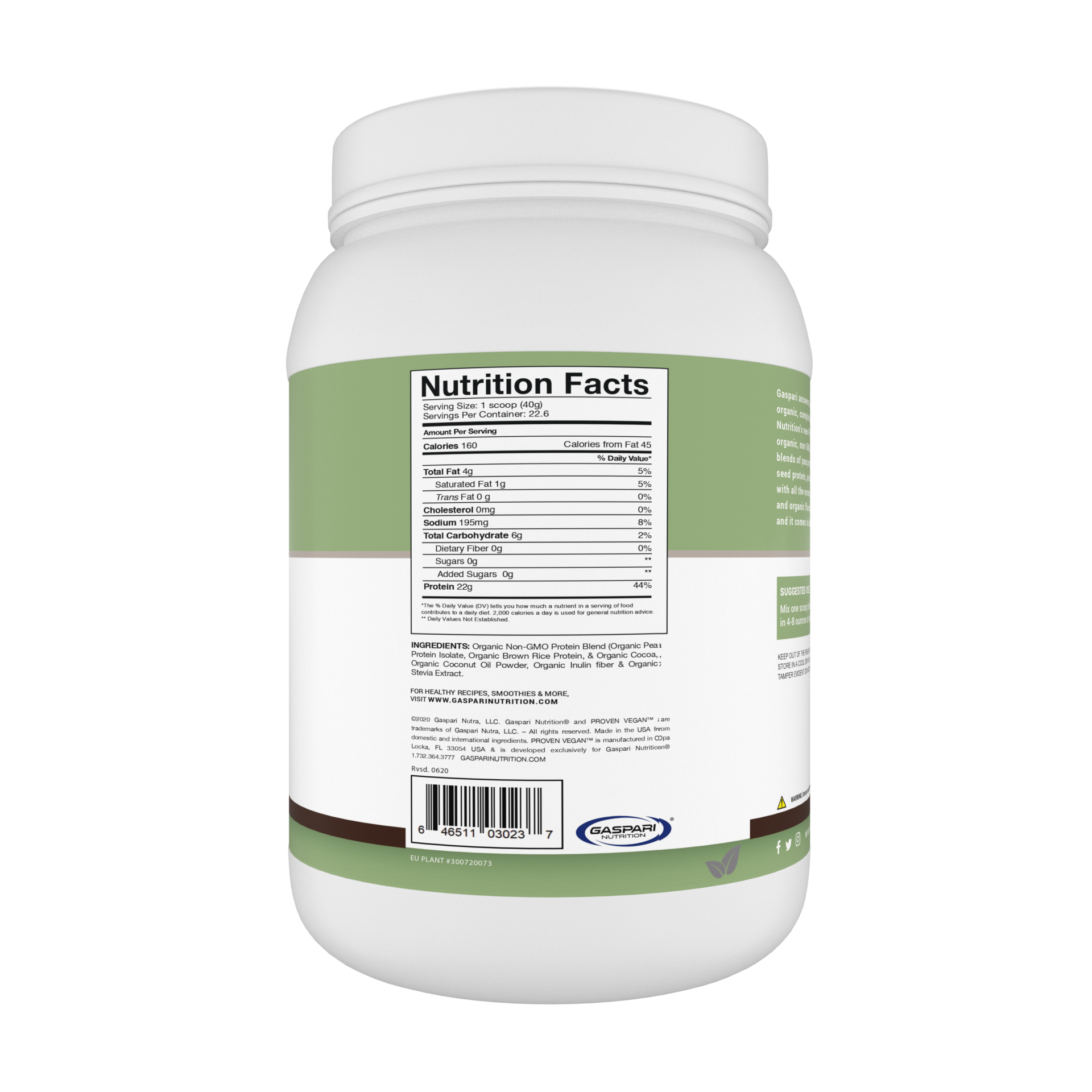






















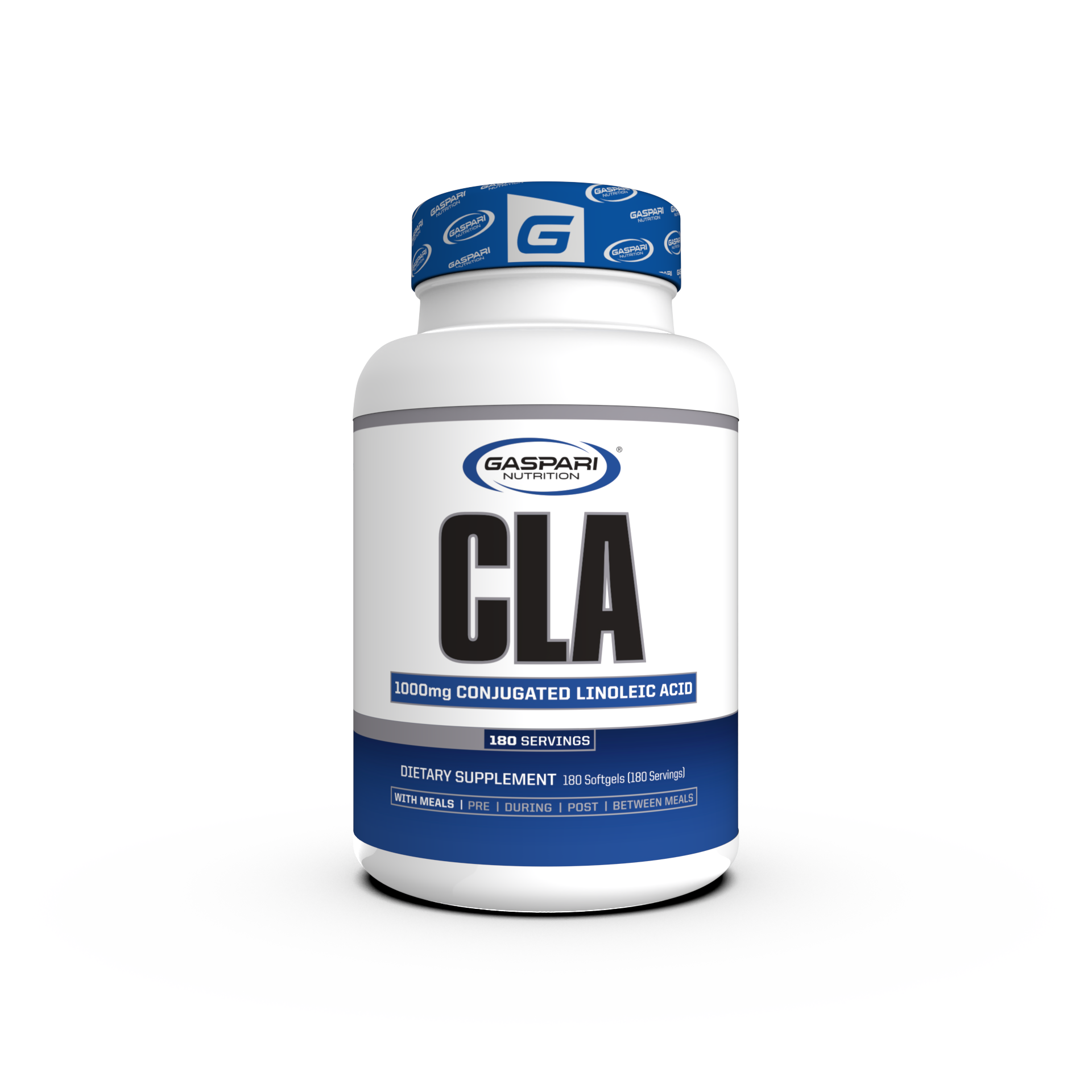



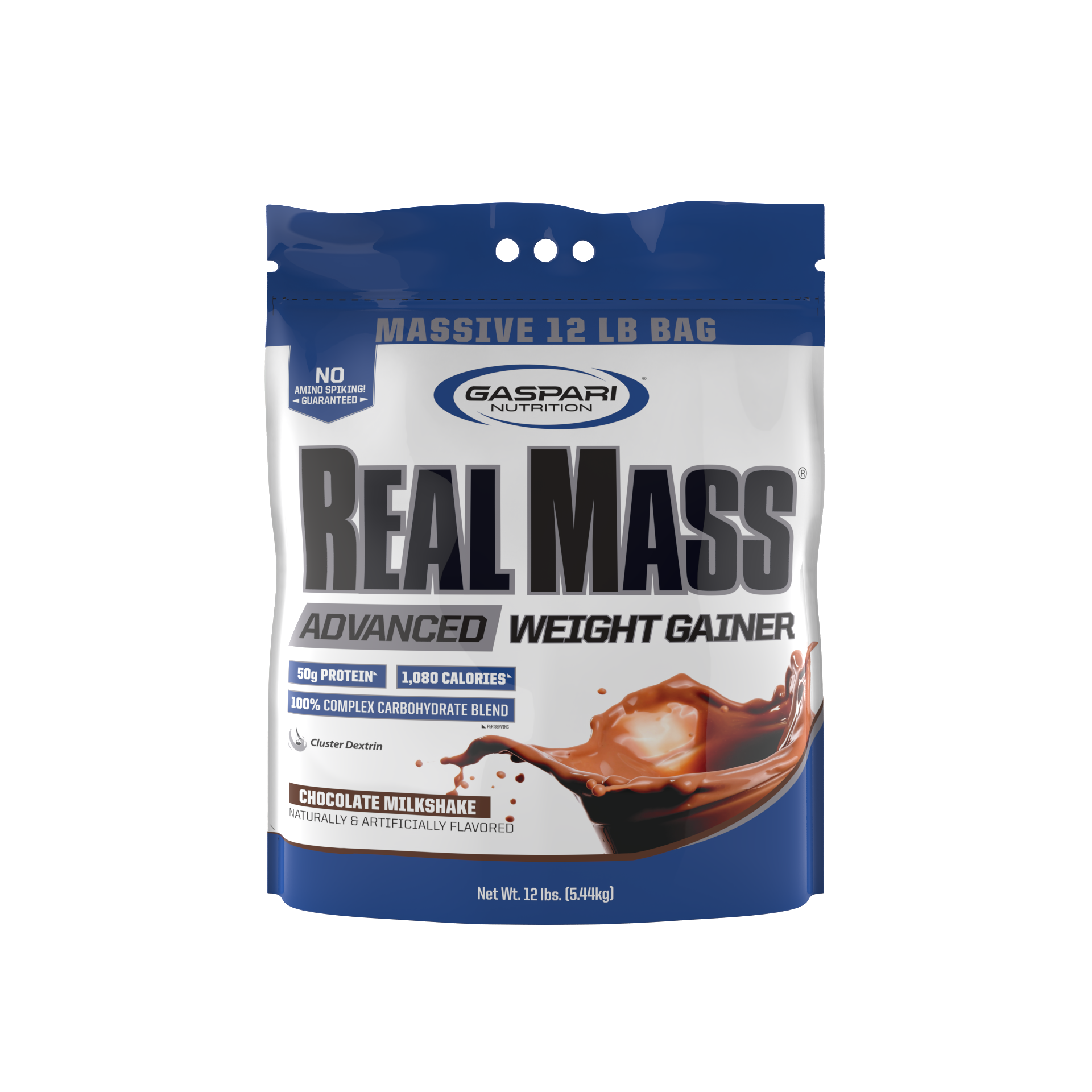











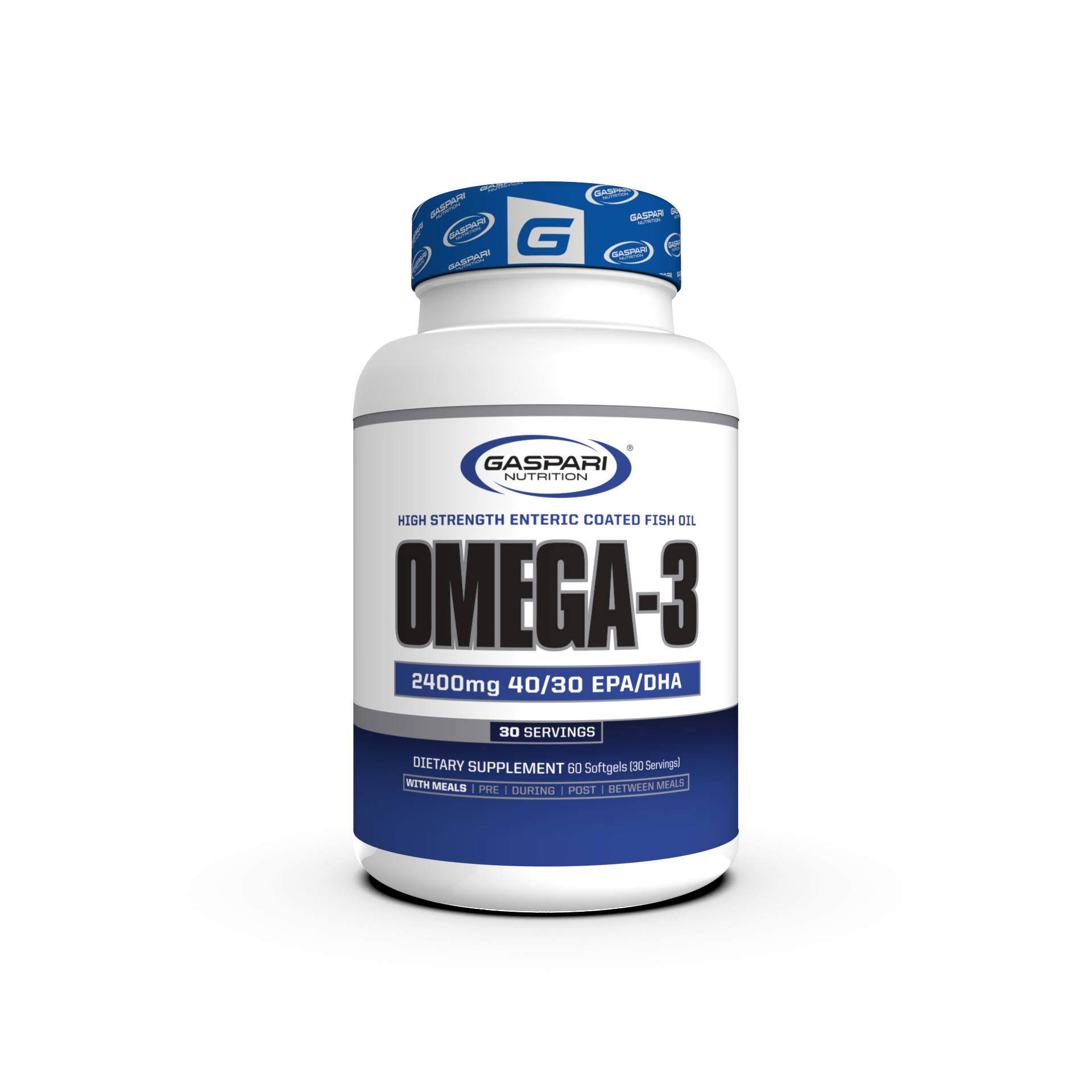



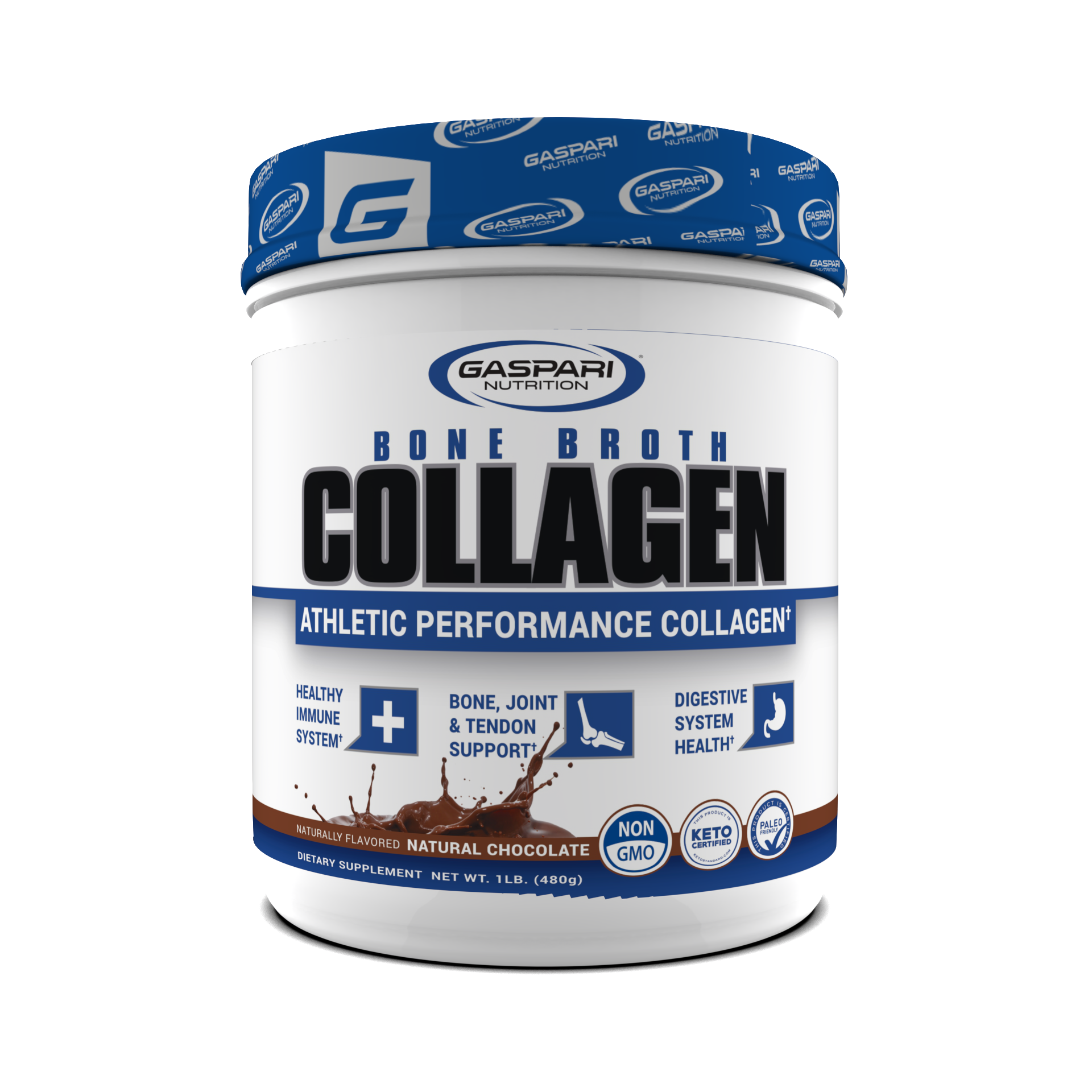



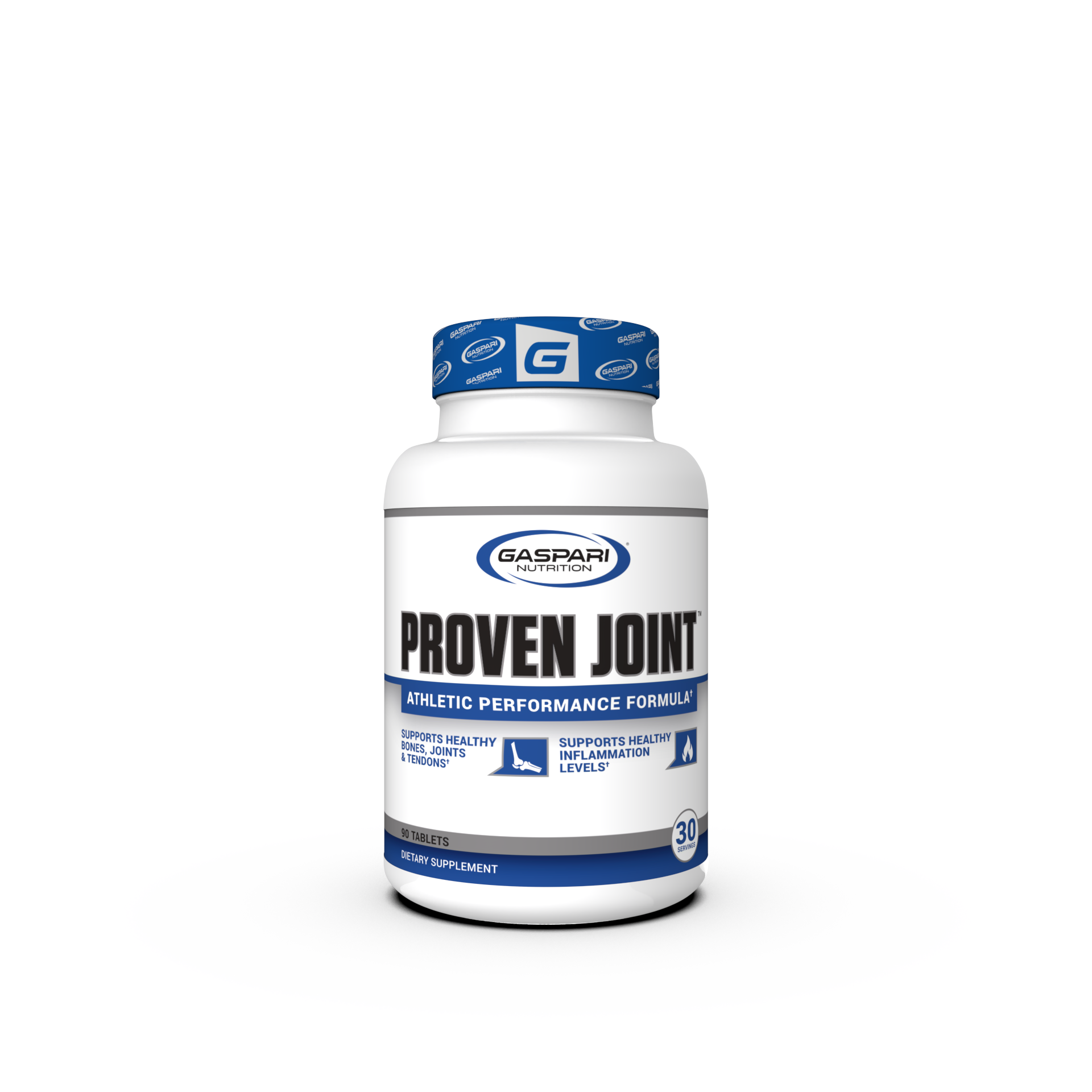








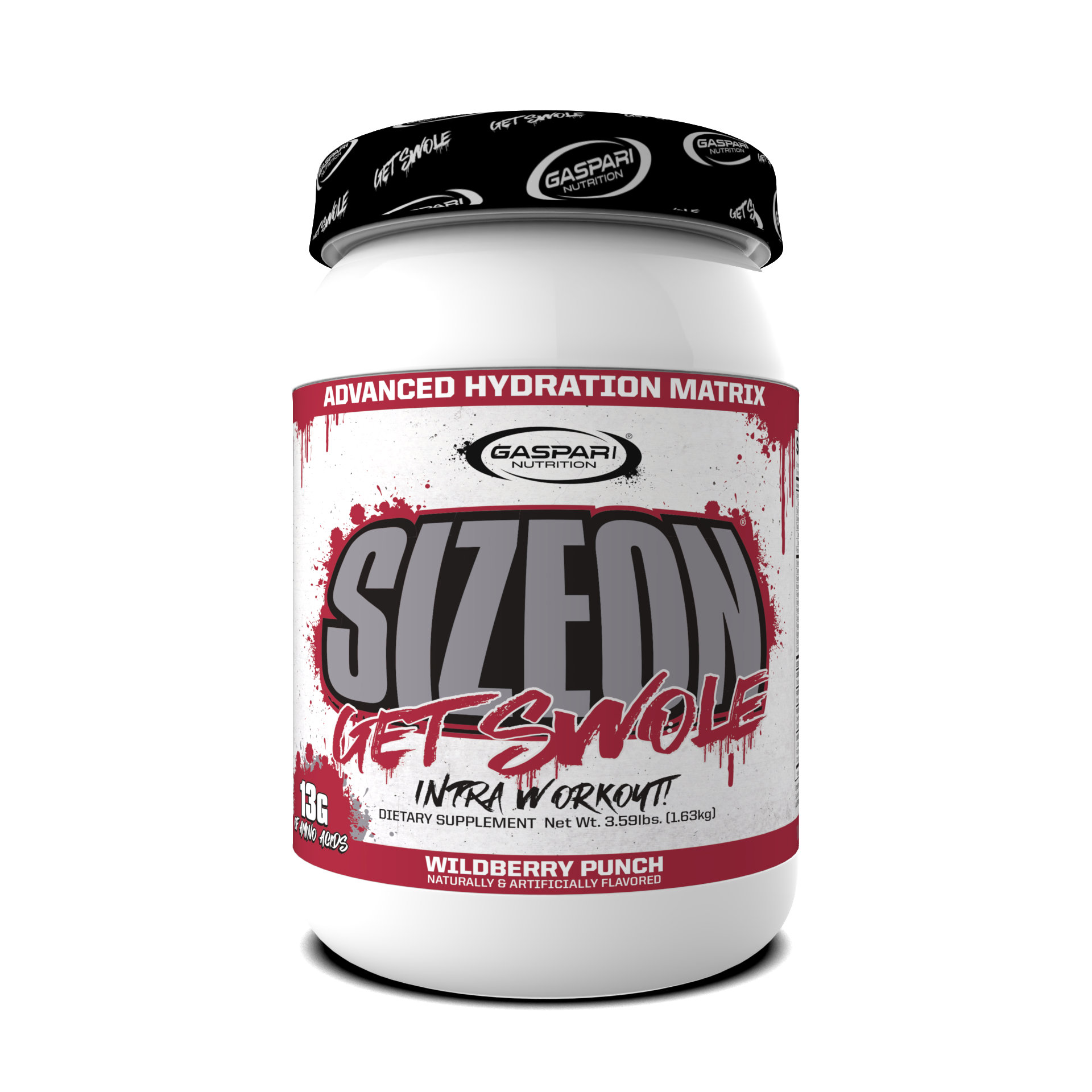


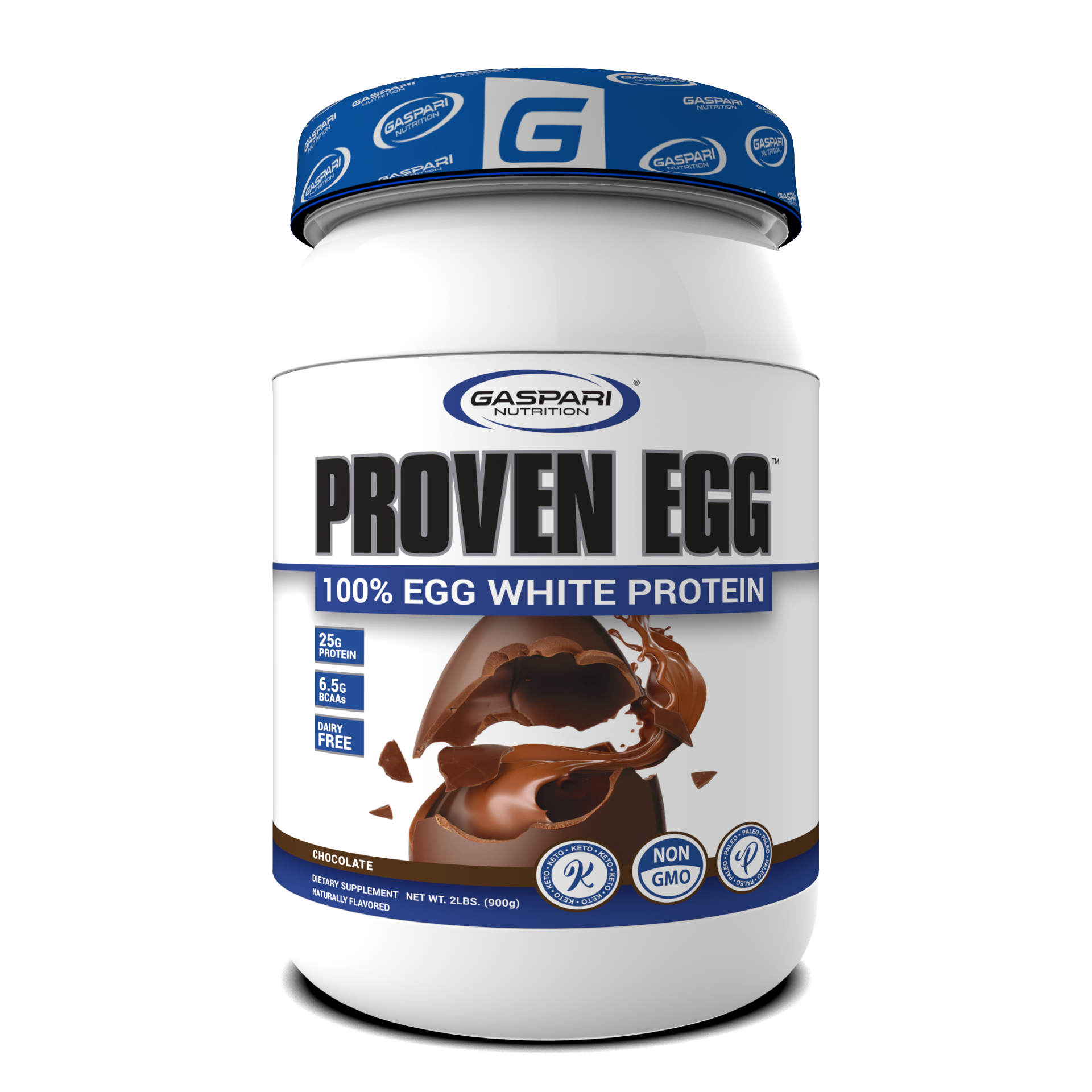

Share:
Why Athletes Should Eat More Seafood
Is It OK To Workout On An Empty Stomach?